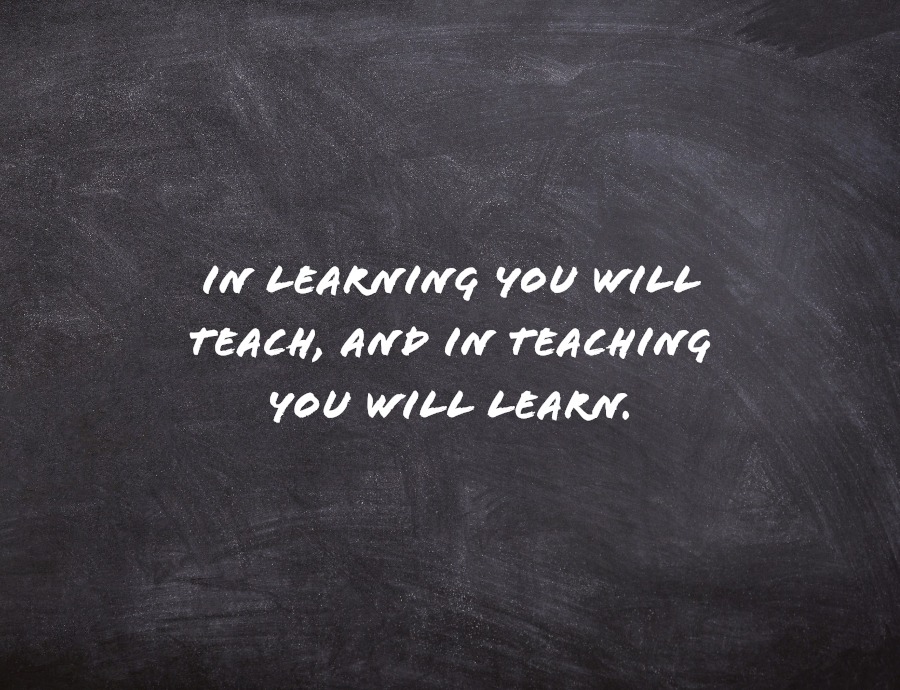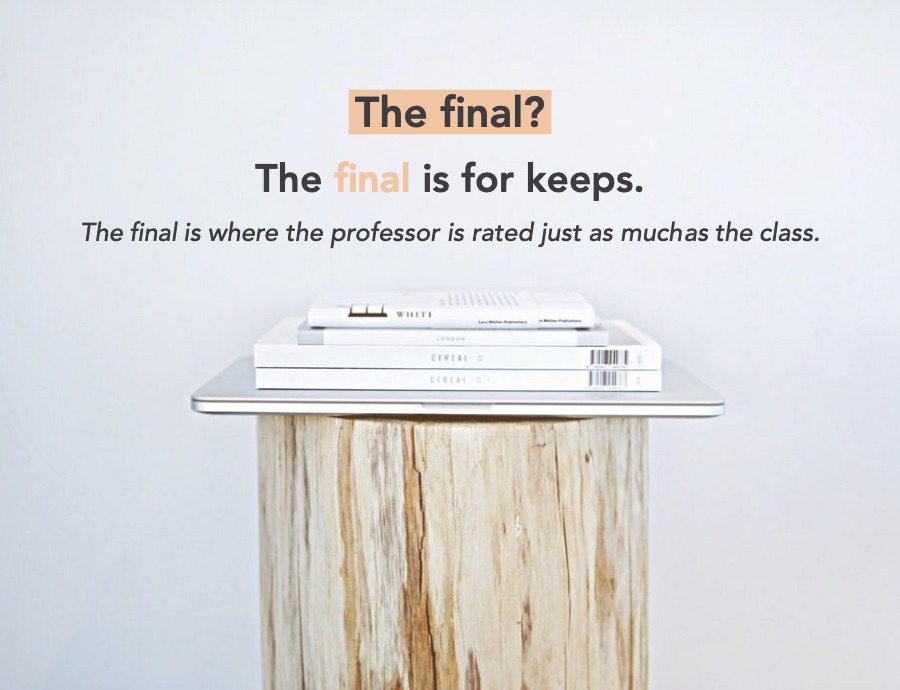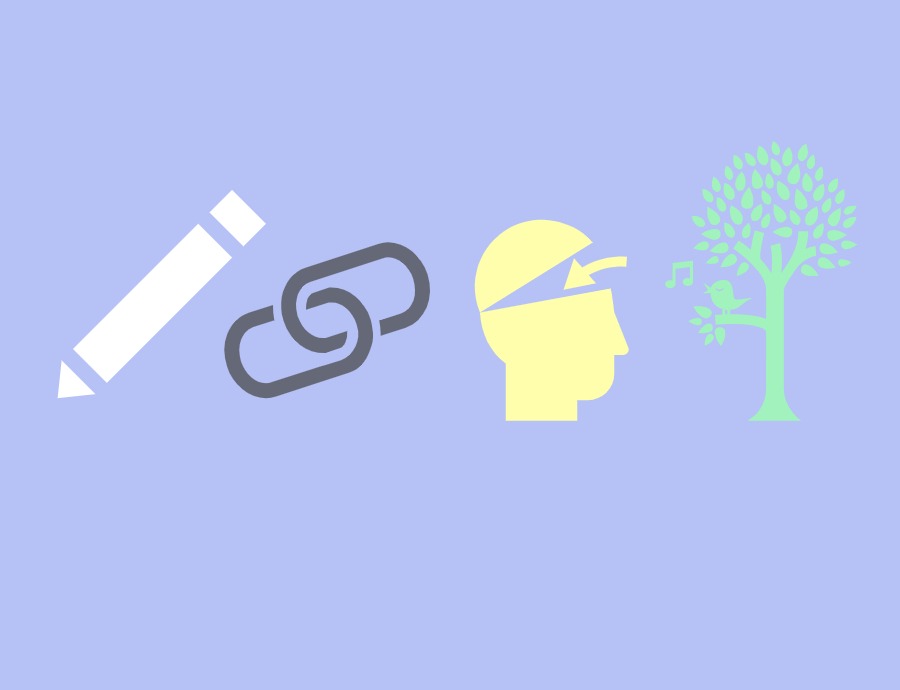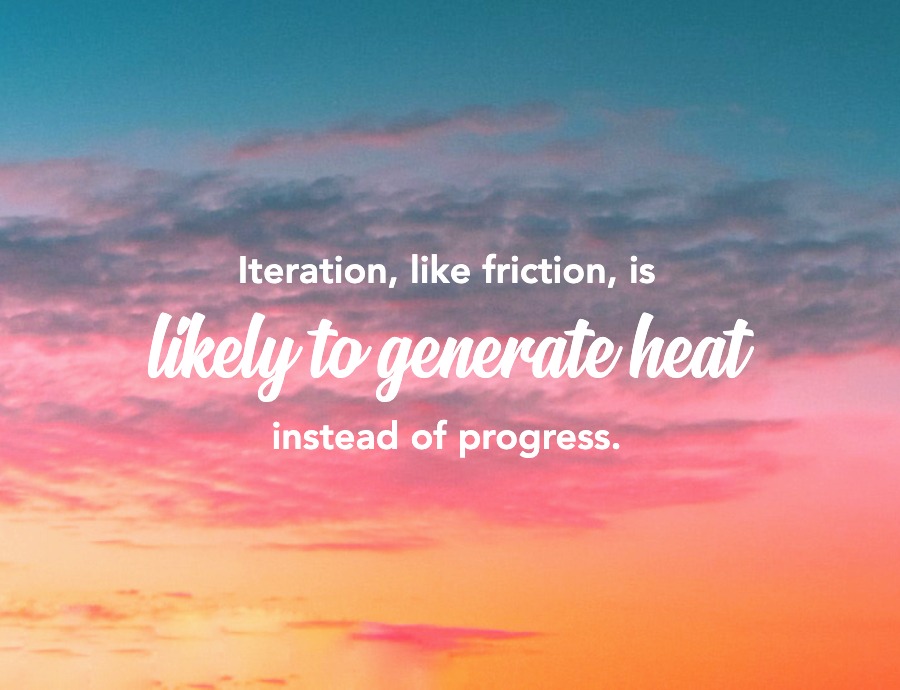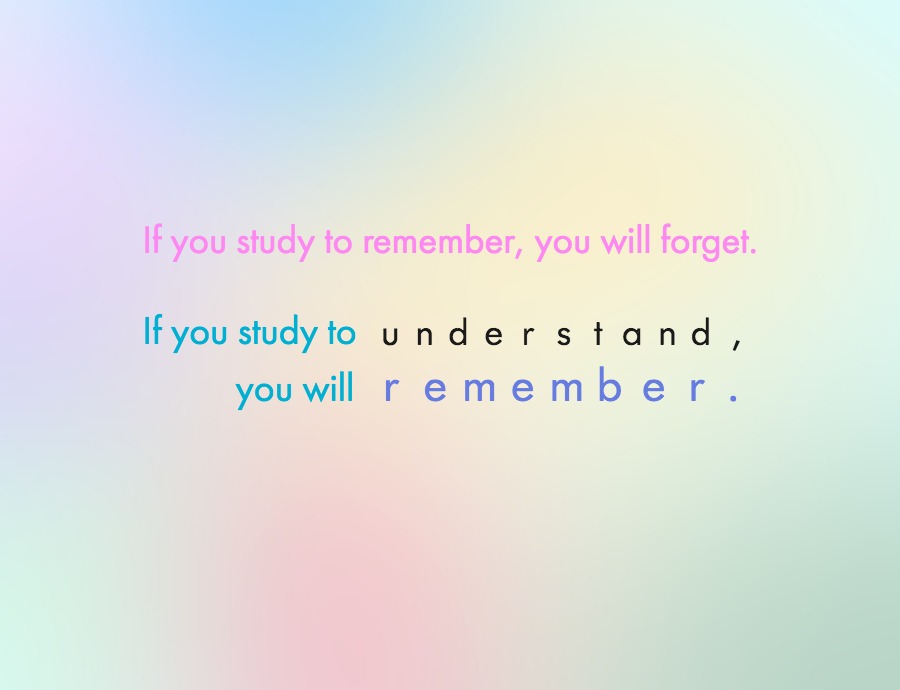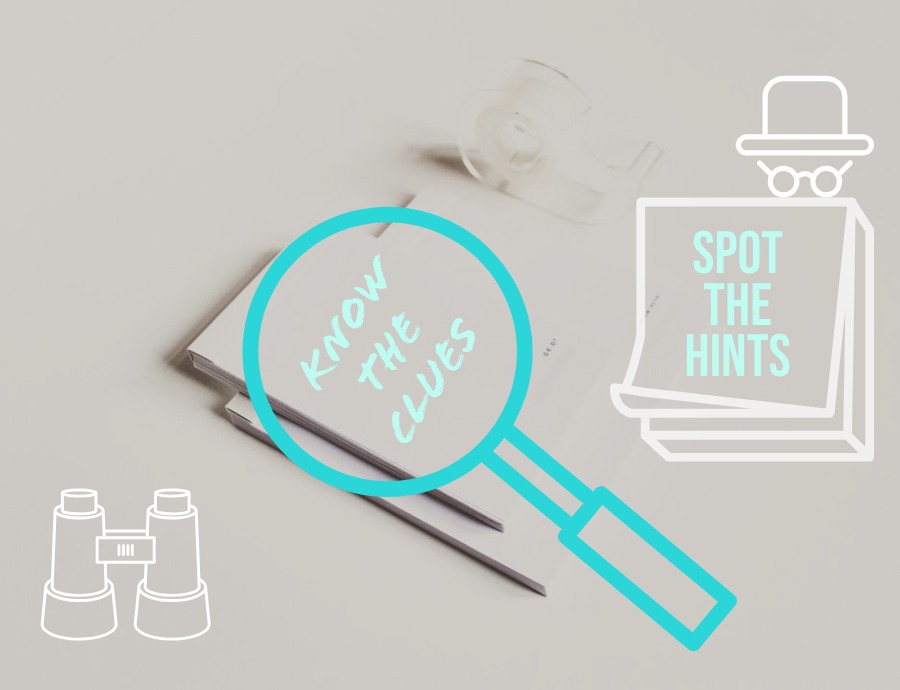A common problem that students face is tricking themselves into believing that they understand more than they do. “Oh, that’s easy,” we all think as we skim through a solved practice exam. “I’ll remember exactly how I did that,” we all assume as we flip through homework assignments completed earlier in the semester.
One easy way to combat the myth of understanding is to teach as you’re learning. Find friends, classmates, anyone who will listen, and plan to teach them the material as you’re teaching it to yourself. The threat of an impending audience will rev up your brain and force you to learn more, to understand more thoroughly, and to ask yourself the tough questions that you might not worry about if you were working alone.
Here’s how teaching to learn can help you:
Here’s how you might want to start:
To learn well, to understand thoroughly, it turns out that teaching prep is better than test prep. It makes you work harder, more honestly, and it makes you engage completely with the subject.
One easy way to combat the myth of understanding is to teach as you’re learning. Find friends, classmates, anyone who will listen, and plan to teach them the material as you’re teaching it to yourself. The threat of an impending audience will rev up your brain and force you to learn more, to understand more thoroughly, and to ask yourself the tough questions that you might not worry about if you were working alone.
Here’s how teaching to learn can help you:
- When you’re going to present, you organize the material. If you’re expecting to tell the information to an audience, you’ll find a way to organize it clearly, to find a way for it to make sense. You’ll find structure and hierarchies. You want the information to flow, and you don’t want to confuse your friends. It turns out that these tasks help you just as much as they help your audience.
- You’ll learn more, and more thoroughly, and you’ll remember more. Often, we’re nicer to other people than we are to ourselves. As you prepare to talk to other people, you’ll anticipate their questions. You’ll be more likely to take the time to look up the answers so that you look like you know what you’re talking about. You’ll also be more likely to remember the information.
- You learn more quickly. Preparing to help another person is a discrete task that’s easier to get your mind around than studying in general. If you know what you need to do, then you’re more likely to get it done quickly.
Here’s how you might want to start:
- Divide the material for presentation in study groups. If you belong to a study group, then consider dividing the material, and asking each student to present on topics. That way you’ll have a chance to teach, and, as an added bonus, you’ll have other voices to learn from (and it can be easier to understand our friends than our professors).
- Pair off with classmates to take up problem sets. Every time you get a problem set or assignment back, consider pairing off with a classmate to explain solutions to problems. This has the added benefit of taking up all missed solutions, and ensuring that you understand all the homework all semester.
- Bother your friends. If you’re stuck, then consider bothering friends, even if you’re in different subjects. Teach them what you’re learning. Even if they’re not entirely listening, the act of preparing to teach, and saying the material out loud, will help.
To learn well, to understand thoroughly, it turns out that teaching prep is better than test prep. It makes you work harder, more honestly, and it makes you engage completely with the subject.

